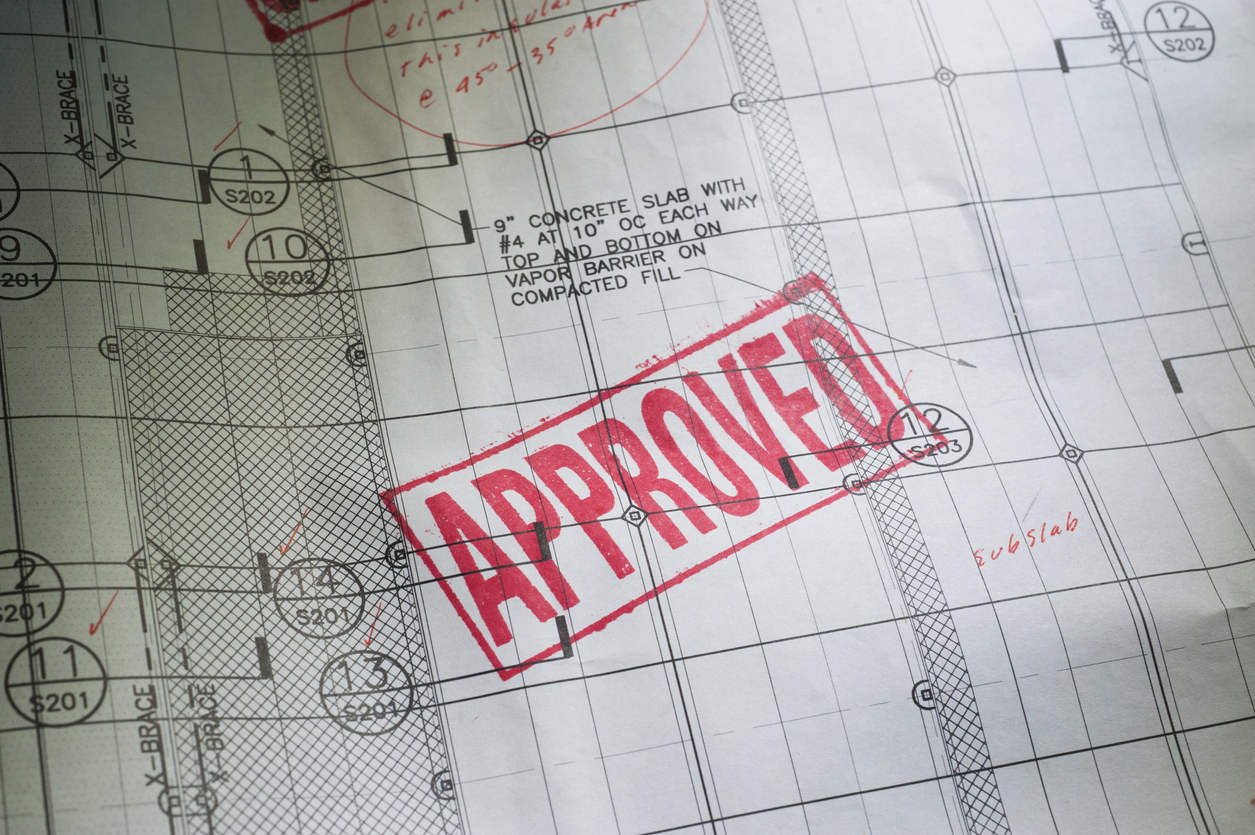Development approval is a legal document which shows that you have been granted permission to begin a property development project. The document consists of your building plans which detail the design, location, and structural details. The document will also specify how long the project will take to complete. The full development approval hinges on three distinct kinds of consent: development plan consent, building rules consent, and land division consent.
Why Do You Need Development Approval?
Australia has amongst the strictest development legislation in the world. Developments affect the local environment and those living in the area. In an industry which is so highly regulated, local councils work to ensure that your project meets the necessary zoning, planning, design codes, and laws of the town or city.
What Does Development Approval Do?
As a part of enforcing urban planning regulations, development approval ensures several factors are adhered to:
Environmental factors – the growing number of developments must not negatively affect the environment. Energy efficiency and water conservation are also taken into account.
Public domain protection – approved developments must balance out the interests of private and public sectors, ensuring that any new developments match the area’s needs and character.
Community concerns – the local population must be able to raise concerns, ensuring that the final decision is based on a balanced and considered approach.
Infrastructure development – along with new developments, local infrastructure needs to be built and adapted to fit the community’s changing needs. Electricity, parking, water drainage and even trees need to be taken into consideration for development approval to be issued.
Structural concerns – the structural integrity of a building must be accounted for and considered. Other matters–such as natural lighting and ventilation–fall under this development aspect.
Fire safety – addresses the need for fire safety by ensuring that the building conforms to Australian building safety standards
Health and safety – another essential aspect of property development, all the necessary health and safety guidelines must be adhered to.
Access for people with disabilities – development approval also ensures that people with unique needs are granted the access and facilities they require.
When Do I Need Development Approval?
Many factors affect whether you need to apply for development approval. Remember that development approval requirements may vary somewhat from one local council to another, but as a rough guideline, here are a few instances in which you will need it.
You need development approval for residential development if you are:
- Building a new home
- Conducting renovations or alterations to a home
- Building a garden cottage or granny flat
- Building garages and carports
- Building a block of apartments
- Building dual or multiple occupancy homes
You need development approval for commercial development if you are:
- Conducting office renovations or alterations
- Erecting signage
- The building will house a restaurant, café, bar, pub, club, or takeaway shop
- Removing or pruning trees taller than five meters
If you are conducting minor maintenance, erection of small fences, installing satellite dishes, building small decks and barbeques, you are unlikely to need development approval.
Before you begin the process of applying for development approval, use Archistar software to find out how land is zoned, where flood zones lie, along with identifying bushfire areas and heritage sites.

